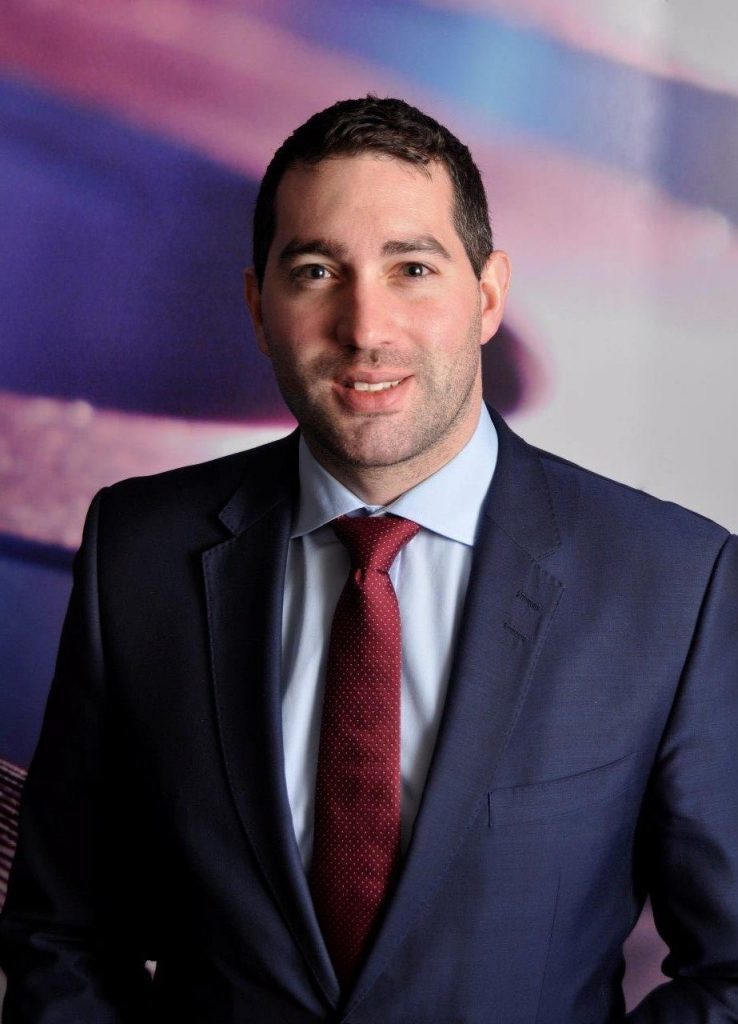
Operators and engineering, procurement and construction companies (EPCs) don’t need telling that times have been hard. To maintain margins, they’ve asked more of their assets and of their people. But should they also be asking more of the supply chain and manufacturers in particular in 2017?
No to the yes-men
It’s easy to see how valve procurement could end up being treated as a commodity-style supply order. We’ll have X butterfly valves, Y floating ball valves and Z globe and check valves, please. To which, the answer is: yes, of course.
This conversation could be done differently. The end goal for a manufacturer should be to supply the best, most cost-effective solution for the project, not to fulfil the order sheet in front of them. The sector doesn’t need yes-men.
For example, a recent project for a new onshore early-production facility included a request for a highly-specialised type of ball valve. This would certainly do the job, but there was an extremely limited supply chain for this specific piece of equipment. A simple ‘yes’ from a manufacturer would have meant weeks of potential delays.
Instead, PJV discussed alternatives to the specification with the customer that would still fulfil engineering requirements – alternatives without the same supply chain limitations. The result? No delays and a 50 per cent cost saving, equating to tens of thousands of pounds.
For many operators and EPCs, the downturn has led to a significant reduction in engineering resources. We’ve seen pipework teams of 20 engineers dwindle to a handful. This isn’t an exception – the Deloitte 2017 Oil and Gas Industry Outlook pointed the industry’s loss of people as one of the two main long-term effects of the downturn. Those that remain are no doubt excellent engineers, but without a support team, it’s difficult to guarantee specific expertise for specialist projects. This often means resorting to what’s worked before; which doesn’t equate to the most cost-effective or suitable approach.
Fortunately, the supply chain can plug the knowledge gap. If operators and EPCs build relationships with suppliers that have niche expertise, they can ensure that their projects run smoothly. The extra value added by this wealth of outsourced know-how could mean thousands in materials savings, the avoidance of delays, or both.
Yes to flexibility
As money has become scarcer, the appetite for large, complex projects has diminished. Instead, companies are looking for shorter-cycle, quicker-return opportunities. So, it’s important to know that manufacturers can supply what’s needed, when it’s needed – even when orders change at short notice. When projects do call for rush bulk orders of a single product, savings can often be made by going direct to the manufacturer, cutting out middlemen margins.
The problem with this approach is that many factories specialise in a particular component, for example a single type of valve. If then, the project calls for a wider variety of valve types, project managers can find themselves having to liaise with a slew of manufacturers around the world.
However, there is another option: manufacturer-suppliers with their own facilities as well as extensive industry relationships. They can supply from their own factories when their output aligns with specifications, and source valves from partners when they don’t.
Factory-owners and manufacturer-suppliers understand the challenges that can occur during manufacturing and supply chain processes. This allows them to head-off delays or communicate them as early as possible. Whether it’s a new build or retrofit, getting operations online in as little time as possible is crucial. If manufacturing flexibility can help that, it will be invaluable.
With projects around the world under continuing pressure to keep shrinking budgets at bay, each facet of a project needs to be looked at intelligently. Every aspect – down to the smallest valve – and the relationships underpinning it all. A consultative manufacturer –supplier relationship can evolve into a partnership that operators can rely on in future. Operators and EPCs should accept nothing less.
Spencer Linsell is sales director at PJ Valves (PJV).
Recommended for you
